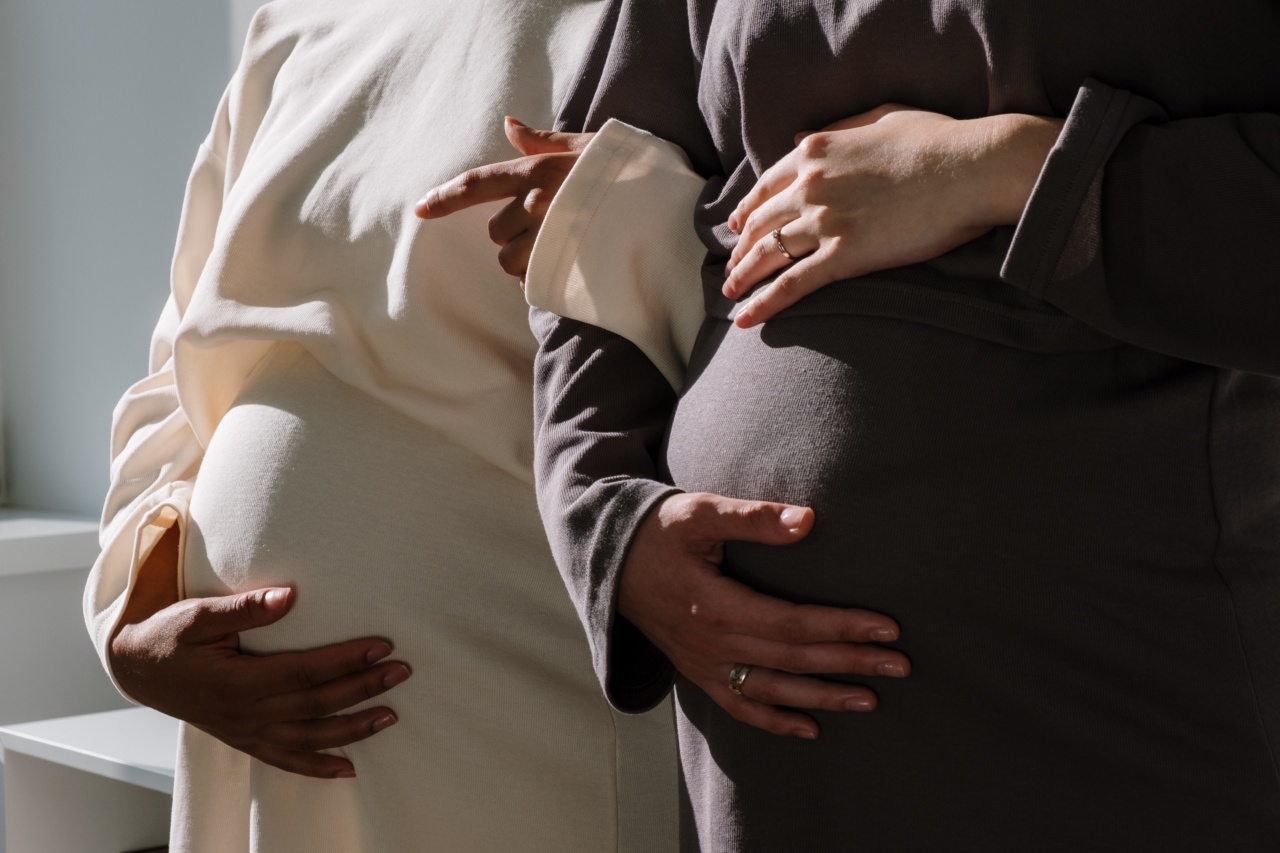Maternal depression is one of the most common psychiatric disorders during pregnancy, affecting around 10% of women worldwide.
Depression during pregnancy can have serious impacts on the developing fetus and can lead to long-term developmental issues in the child.
Effects of Maternal Depression on the Developing Fetus
Maternal depression during pregnancy can affect fetal development in several ways:.
1. Premature Birth
Maternal depression during pregnancy increases the risk of premature birth. Preterm birth is associated with a number of health problems such as respiratory issues, developmental delays, and even death.
2. Low Birth Weight
Maternal depression during pregnancy is also linked to low birth weight in babies. Babies with low birth weight are at an increased risk of health and developmental issues, including learning difficulties and behavioral problems.
3. Behavioral Issues
Babies whose mothers experienced depression during pregnancy are more likely to experience behavioral issues later in life, including insomnia, anxiety, and depression. This may be due to the altered levels of stress hormones during pregnancy.
4. Cognitive Issues
Maternal depression during pregnancy can also impact the cognitive development of the child. Children whose mothers experienced depression during pregnancy are at an increased risk of cognitive and developmental delays and behavioral problems.
5. Motor Development Issues
Maternal depression during pregnancy has also been linked to motor development issues in children.
Children whose mothers experienced depression during pregnancy have a higher likelihood of experiencing delays in motor development, leading to issues such as clumsiness and an inability to keep up with peers during physical activities.
Long-Term Effects on the Child
The impacts of maternal depression during pregnancy can extend well into a child’s life. Children who experienced maternal depression during pregnancy are more likely to experience mental health issues later in life such as anxiety and depression.
These children may also struggle with learning and social interactions at school, and may have trouble forming relationships with peers and adults.
Treatment for Maternal Depression During Pregnancy
It is important for women who are pregnant and experiencing depression to seek treatment as soon as possible. Treatment options include therapy, medication, and alternative therapies such as yoga and meditation.
Women should work with their healthcare providers to find the most appropriate treatment for them and their developing baby.
Conclusion
Maternal depression during pregnancy can have serious impacts on the development of the fetus. It is important for pregnant women to seek treatment for depression as soon as possible to reduce risks to their baby.
With proper treatment, women can manage their symptoms and reduce the chances of long-term developmental, cognitive, and behavioral issues in their child.





























